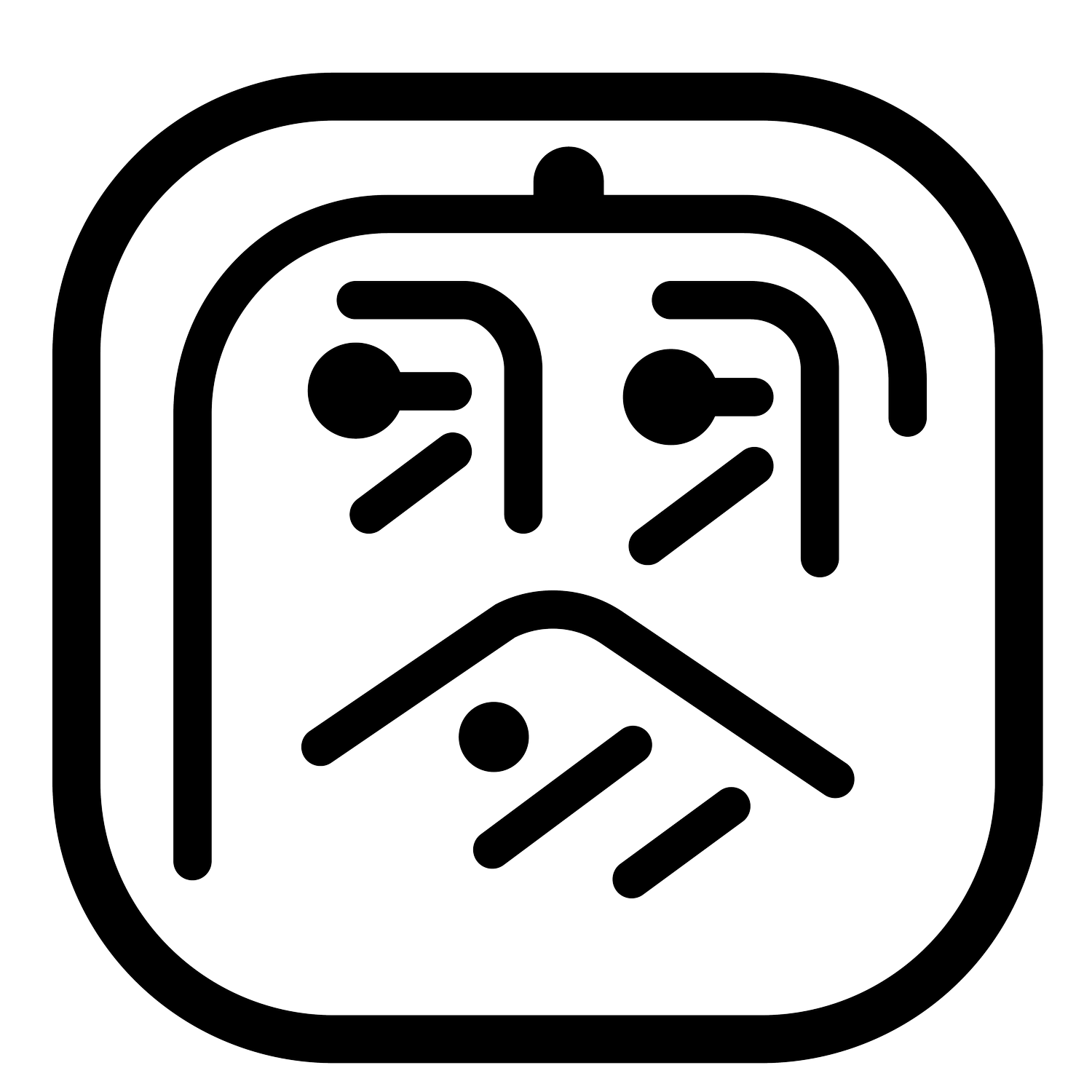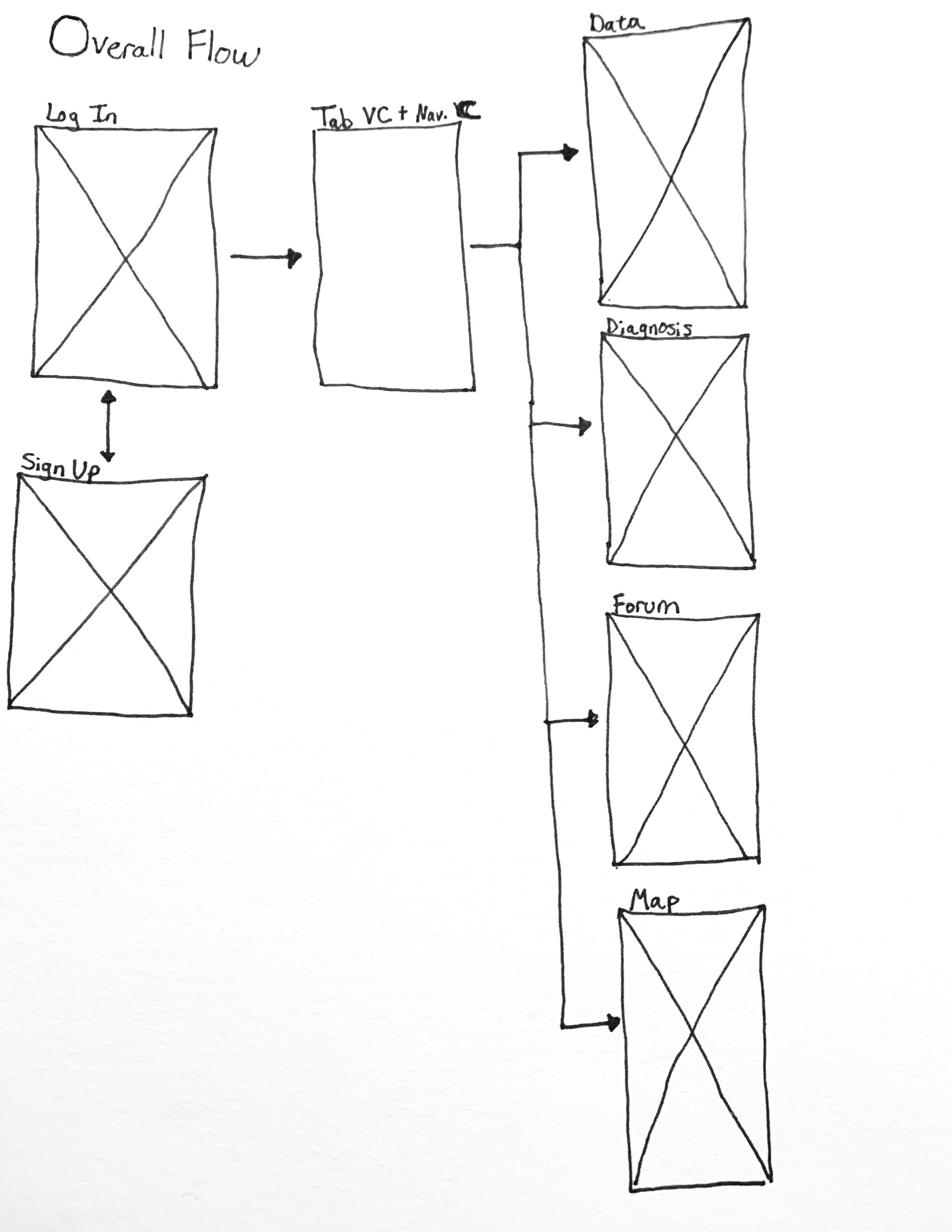Medical devices | Sensor Fabrication | Microfluidics | iOS Medical Devices
Miscellaneous Research/Academic Experiences | 2016 - 2019
Introduction
My educational background is in bioengineering, specifically with biomedical devices. During my undergraduate at UC Berkeley, I worked as a research assistant in a sensor fabrication lab, focused on fabricating and designing biosensors devices for monitoring personalizable user health scenarios including:
Monitoring glucose levels for diabetic patients
Measuring potassium levels to calculate muscle fatigue for fitness optimization
Monitoring Parkinsons patients’ medication (Levodopa) intake to personalize their treatment for optimal intake
I co-authored several publications for this work, which can be seen here.
Alcohol Monitoring iOS Application
Given my research work in biomedical sensors at the time, my partner and I decided to create an iOS application for a iOS development course. We wanted to create a software interface to support a wearable health device for those suffering from alcohol addiction and/or want to monitor liver health or alcohol consumption.
The goal of the app was to:
Allow users to track and understand liver health and blood alcohol content with incoming device data.
Provide forum with a concept of Alcoholics Anonymous (AA) for emotional support
Direct users to closest health clinics and AA meetings
Tools & TechniquesXCodeTeamDesign & Development: T. Liaw, S.Chin
Final ProductWireframes
Overall App Flow
We determined that potential users of the app were:
patients with liver conditions related to alcoholism
medical professionals of the patients
casual drinkers who want to monitor their drinking.
Given the target user groups, we planned features of the app to include:
A data dashboard for users to monitor in real-time their liver health/alcohol consumption from their wearable device
An interpretation of that data in the form of possible diagnosis and symptoms of liver health and/or alcohol levels
Help forum based on Alcoholic’s Anonymous (AA) for users to anonymously interact with each other to help with people suffering from alcohol addiction
Map feature to direct users to the nearest AA meeting or hospital/clinics
Limitations included:
The device being created to deliver alcohol consumption and liver health information would not be finished by the application deadline
2-month app development timeline
Data Dashboard
In order for users to track their alcohol consumption, we needed data from the device on blood alcohol content (BAC). We also needed to report significant biological factors (enzyme, proteins) from the device that indicate liver health.
Biomarker data included:
To effectively display the data, we decided to implement a table for the users to go through each type of data (BAC, AST, etc.) and include with each data an hourly-updated chart of the data points, the current levels and a description of the data for users to understand what each data is.
APIs/SDKs:Suggested Diagnosis & Treatment Plans
We researched the most common liver diseases that were related to alcoholism and decided to include them in an algorithm based on literature using device data to determine the most possible outcomes of the user’s health status.
Implemented diseases/conditions:
FORUM & MAP
We researched Alcoholic’s Anonymous (AA) and existing app forums such as Reddit to come up with the design of our forum. For the map feature, we wanted to reveal the nearest AA meetings and hospital/clinics that can treat users’ existing conditions.
API/SDKs:Development
The application was developed in XCode using the mentioned APIs/SDKs.
Login / Sign Up
Data Dashboard & Suggested Diagnosis
Forum
Map
Feedback
We presented our first iteration of the app to iOS mobile developers from companies in the Silicon Valley area. Their main comment involved FDA regulation and ensuring our mobile app is up to protocol. One mobile developer informed us that since we are not medical professionals, we are not allowed to diagnose and can only give suggestions.
Our code for the application presented can be found on github.























